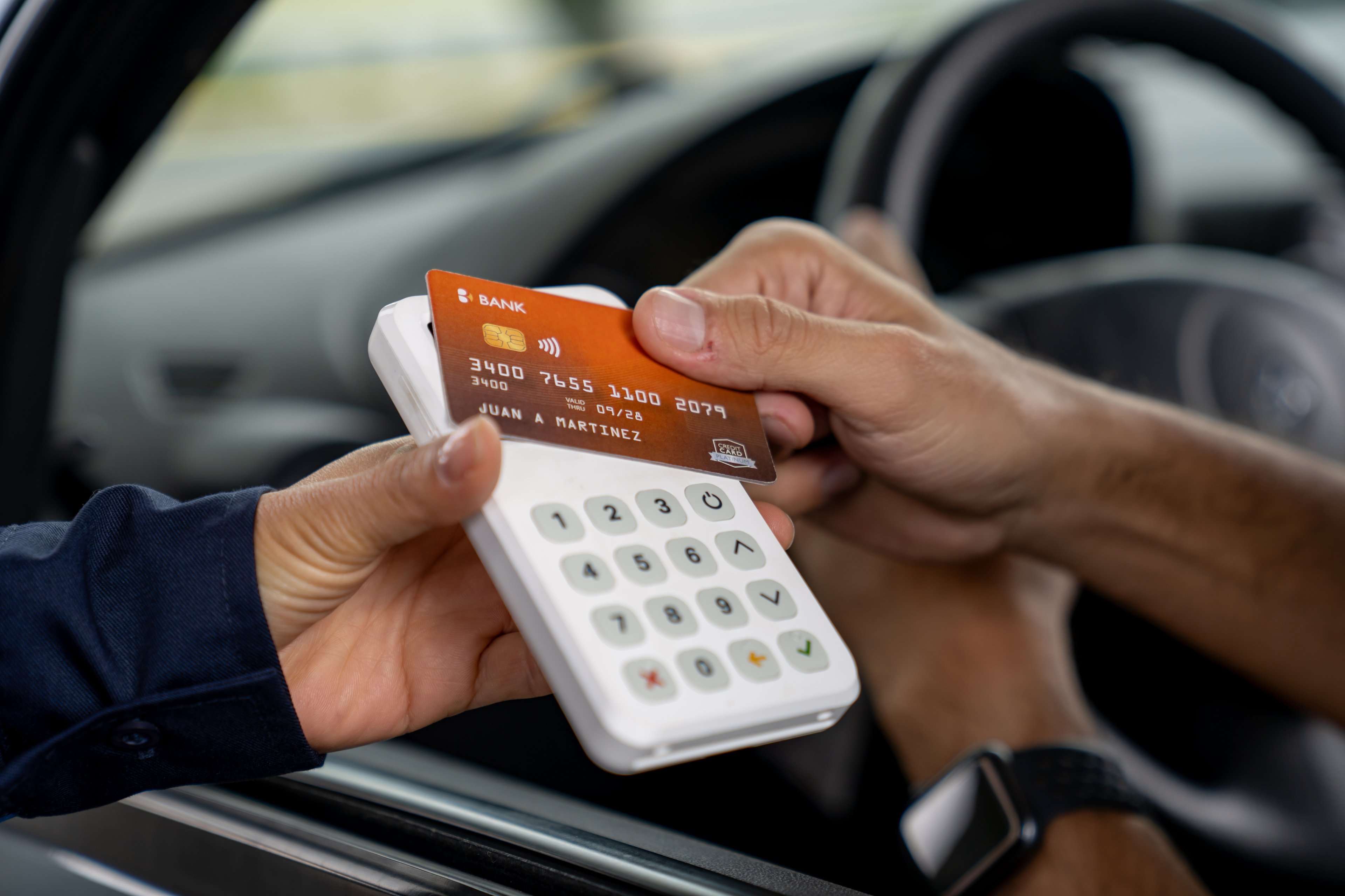Earlier this month, Mastercard Inc. (MA +0.32%) completed its acquisition of Oltio, a mobile payments start-up, for an undisclosed amount. Oltio has been a partner of Mastercard since 2014, when it enabled consumer authentication on the MasterPass platform in South Africa. Today, that technology allows users to authenticate their MasterPass purchases from a mobile device using their bank PIN. South Africa-based Oltio specializes in mobile payments security and authentication solutions.
Mastercard South Africa President Mark Elliott said in a press release: "Too many consumers and merchants in the MEA region [Middle East-Africa] are stuck in a cash economy that doesn't work for them. By combining our joint expertise, technologies and reach, we can bridge the divide between the region's cash economies and the digital future, bringing the benefits of digital payments to more people and businesses."
This acquisition potentially checks two key boxes for Mastercard: (1) growth in emerging markets and (2) mobile-payments capabilities.

Mobile payment solutions require little infrastructure and additional hardware to implement, making them ideal solutions for emerging markets. Image source: Mastercard Inc.
Why mobile is key to emerging markets
Mastercard believes emerging markets hold the key to future growth, because many of these economies overwhelmingly rely on cash to facilitate financial transactions. To capture the wallet share in these countries, mobile might be necessary because the telecom infrastructure required to support hardware payment terminals at every point-of-sale doesn't exist. In addition, this hardware is often too expensive for merchants in emerging markets to purchase. Mobile payment solutions can bypass both of these problems, however.
One mobile solution being increasingly utilized are QR codes, those black-and-white matrix images. At the company's investor day last October, CEO Ajay Banga talked about QR codes and the importance of finding localized solutions in each market the company serves:
Why is the QR code so important? It's really important because it expands acceptance in a much differentiated cost into a completely new set of merchants who traditionally have not participated in electronic payments for various reasons, one of which was the cost of acceptance. And this changes that dynamic in a completely different way. Another one was the infrastructure. If you're living in a country where phone lines don't work very well, terminals aren't your answer to the future of mankind ... We're not trying to give them American solutions for every country. We're trying to find solutions that make sense for the circumstances or what's important to that government, to that society, to those banks, to those merchants, and to those consumers.
QR codes are a perfect mobile solution because they only require vendors to possess a smartphone to accept electronic payments. No dongle or other expensive hardware is needed. A vendor can download an app and start accepting payments almost immediately. This type of technology is crucial to increasing merchant acceptance in emerging markets.
The future in mobile payments

QR codes are an important piece to the puzzle in enabling mobile payments in emerging markets. Image source: Getty Images.
At the recent investor conference, CFO Martina Hund-Mejean said mobile payments had fewer hurdles to clear in emerging markets than in the U.S. Hund-Mejean said consumer habits have proven to be especially difficult to change in markets where payments work. But, she added, mobile payments are coming stateside -- it's just a matter of time. For proof, she simply pointed the listeners to observe their children and how they interact with their phones.
Emerging markets don't have these consumer habits ingrained in the culture and, thus, have proven to be fertile ground for mobile payments to take root. Ultimately, Hund-Mejean insisted, Mastercard is technology-agnostic. The company doesn't care if people use plastic, mobile, or other forms of payments as long as it is tied to that 16-digit account number.
A "Priceless" acquisition
Of course, mobile payments will never work if banks can't authenticate users' identities, which is where Oltio comes into play. Mastercard has partnered with Oltio for four years, meaning it certainly knows the value the fintech start-up brings to mobile payments and integrating them into markets in Africa. It remains unclear if Mastercard's plans for Oltio include territories outside of Africa.
For now, the continent presents enough of its own opportunities and challenges for the growth of payments. At the company's investor day presentation, while discussing the financial inclusion efforts Mastercard was making in different African countries, Banga said the efforts are "the core and the foundation of how our brand and our people, and our technology, and our data interact in countries around the world."
For investors, it should be enough to note that the vast majority of the world's transactions are still facilitated using cash, not electronic payments. According to Banga, cash transactions are still more than 80% of the world's total. This gives Mastercard ample opportunity to grow its payments business outside the borders of the U.S., and judging by its latest move, the company seems intent on doing just that.






